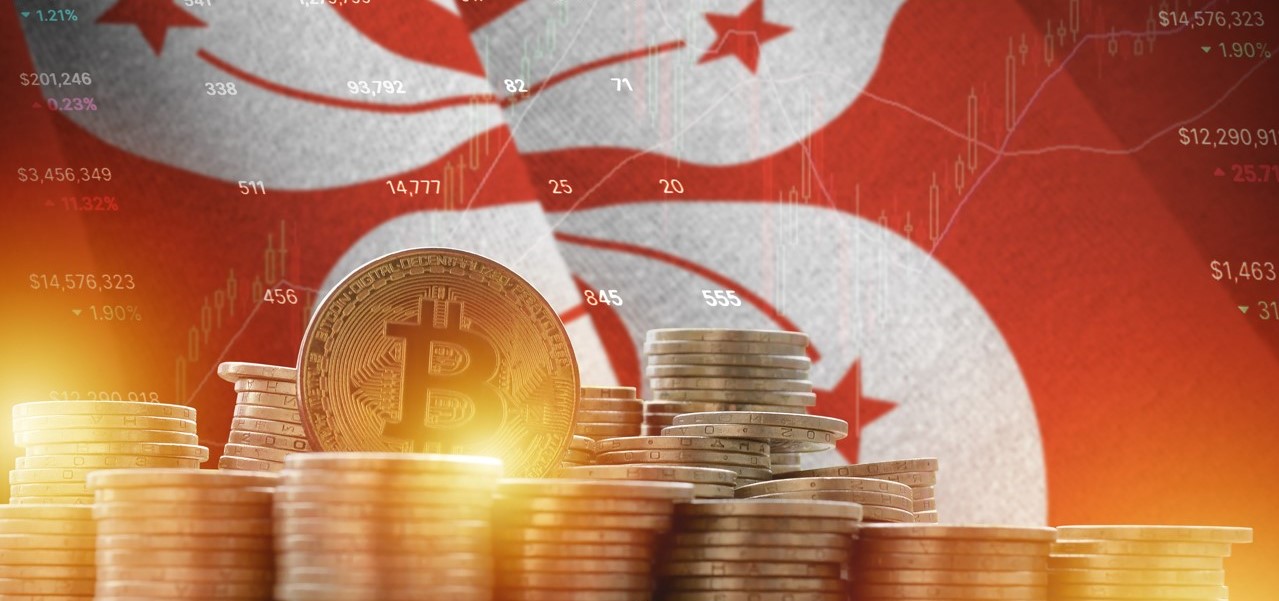By Alex Liu
Hong Kong, 26 January 2024: Stronger regulation of Hong Kong’s burgeoning crypto sector is in the pipeline as the authorities battle to clamp down on rogue operators. The prospect of further controls comes in the wake of high-profile scandals that have left the public out of pocket and resulted in multiple arrests.
Just last week, the Securities and Futures Commission (SFC) and the police issued a warning about two virtual asset trading platforms suspected of fraud. Operating under the names of Aramex and DIFX, both entities were alleged to have used social media and messaging apps to lure victims into investing money into supposed cryptocurrency assets. The investors were later unable to withdraw their money.
The SFC and police noted that both platforms had adopted names that resembled legitimate companies, while Aramex was operating at least eight websites and DIFX six. The securities watchdog has added both firms, as well as their associated websites, to its alert list of suspicious trading platforms.
The SFC’s action come a month after it issued a similar warning about entities operating under the names of LonShiX and Bitbank (Global) Financial Holding Group, which it said were “suspected of engaging in fraudulent activities purporting to be related to virtual assets”. Both were promoting their services via social media. Their websites were added to the SFC’s Alert List.
In all cases, the watchdog urged citizens to be cautious about “too-good-to-be-true” investment opportunities and advice posted on social media platforms and via instant messaging apps.
Investors have lost out heavily in a string of scams in recent months, including those involving fraudulent virtual asset platforms JPEX and Hounax. The scandal involving JPEX, which broke out last September, involved HK$1.5 billion in losses and more than 2,500 alleged victims, making it the single largest financial fraud case in this city’s history. Some 67 people have been arrested.
While not on the same scale, almost 150 citizens claimed to have lost around HK$160 million after being asked to invest in unlicensed platform Hounax. In a notable twist, well-known financial commentator Chan Wing-luk – known to his many followers as “Uncle Six” – alleged an AI-generated voice similar to his had lured unsuspecting investors. He said the deepfake voice seemed like it was him talking on the radio.
Those two episodes prompted Chief Executive John Lee to promise a review of the relevant legislation with a readiness to further empower regulators. “If any of our laws in this area need to be strengthened, or if the transparency of the information we release has room for improvement, we will actively consider it,” he said. The city leader acknowledged that investor education needed to be improved.
While such a review takes place, further crypto legislation is already on the government’s agenda, with over counter (OTC) cryptocurrency exchanges among the targets. The Financial Services and the Treasury Bureau (FSTB) has confirmed it is planning to “establish a regulatory system” for such outlets and is drawing up a framework ahead of a public consultation. While regular money changers are overseen by the Customs and Excise Department, their OTC virtual asset counterparts are not subject to any controls at present.
As well, the FSTB and Hong Kong Monetary Authority have jointly published proposals for supervising stablecoin issuers through a licensing regime. They have launched a public consultation which ends on 29 February. A stablecoin is a cryptocurrency designed to have a relatively steady price, typically through being pegged to a commodity or currency or having its supply regulated by an algorithm.
In conclusion, the tightening of regulation and enforcement in Hong Kong’s crypto sector is seen as necessary as our city seeks to position itself as a regional crypto hub. Having implemented a licensing regime for crypto service providers last June, it is inevitable that amendments and additions will be required as the market continues to rapidly evolve.
As always, here at BC&C we strongly recommend that investors should trade only on licensed cryptocurrency platforms and exercise an abundance of caution regarding dealings in virtual assets. If investors have any concerns, they should seek guidance from their own financial advisors or experts before making any investment decisions.
Alex Liu is Managing Partner of BC&C. He is vastly experienced in many areas of business law with key areas of practice that include commercial and corporate litigation, investigations by governmental bodies and commercial contracts. He can be contacted at alex@boasecohencollins.com.



